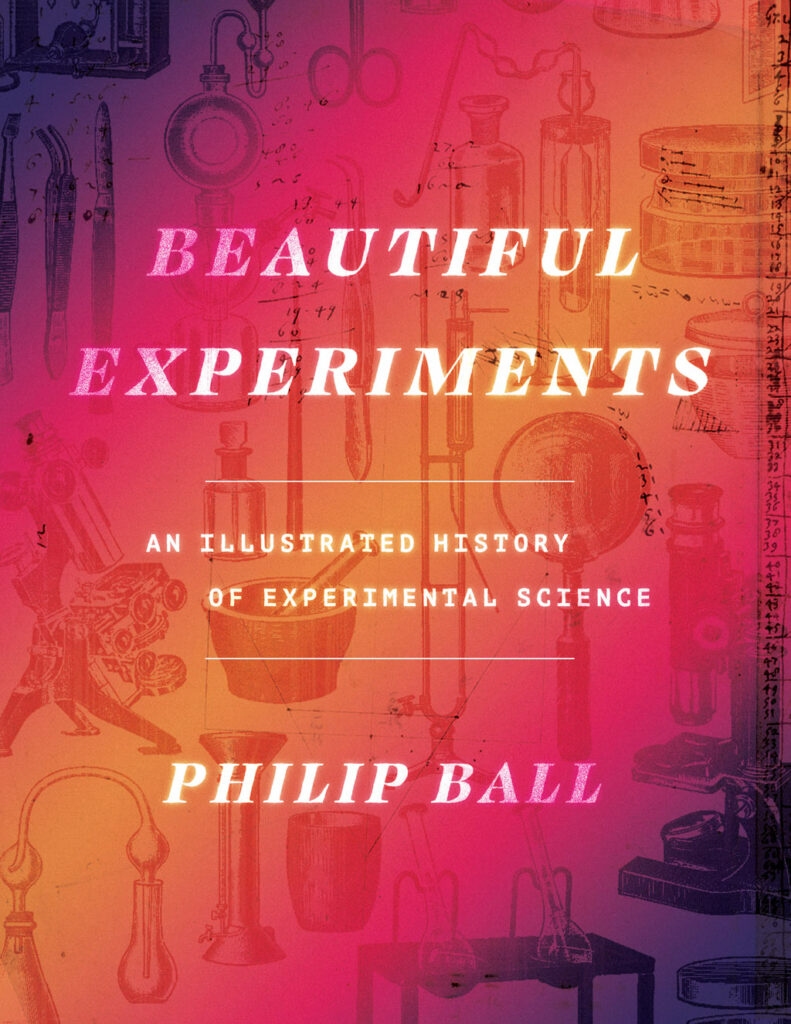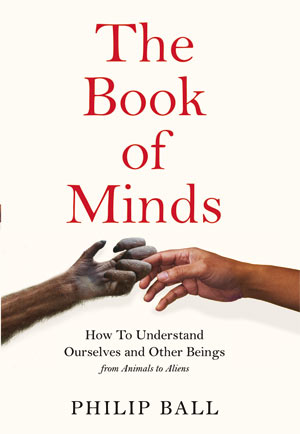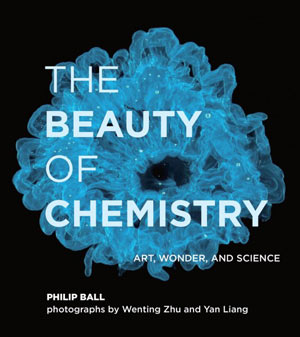 Philip Ball is a serendipitous writer, pursuing adventurous science. He loves to persuade and enchant his readers to celebrate the uncanny beauty of chemistry.” Dudley Herschbach, Nobel Laureate in Chemistry, Harvard University
Philip Ball is a serendipitous writer, pursuing adventurous science. He loves to persuade and enchant his readers to celebrate the uncanny beauty of chemistry.” Dudley Herschbach, Nobel Laureate in Chemistry, Harvard University
“This book combines rich descriptions of chemical phenomena with stunning photography of them as they happen. As a child, I was drawn to chemistry by the wonders of precipitating powders, fizzy water, and other ever-present phenomena. The Beauty of Chemistry took me back to those times.” Alán Aspuru-Guzik, Professor of Chemistry and Computer Science, University of Toronto
“Ousiophiles unite! This book is a sensory feast that truly brings to life the ‘chemical sublime,’ presenting it joyfully, with scintillating images. Using remarkably concise language, Ball pleasingly telescopes in scale from the visible to the subatomic level, giving a rich dimensional exploration of the elements and their properties. This book sparkles, bubbles, and bursts with the activity of all that surrounds us. It is curiosity-igniting, deeply satisfying, and a must for anyone who delights in ‘stuff’.”Martha Willette Lewis, Visual Artist in Residence, The Yale Quantum Institute
“Philip Ball offers a lively illustrated conversation centered on the beauty of chemistry rather than its oft-examined utility. His observations meander gracefully through bubbles, flames, plant pigments, and much more, and will both captivate a wide audience and provide a refreshingly upbeat boost for the most jaded professional.” Hagan Bayley, Professor of Chemical Biology, University of Oxford
Published by MIT Press, May 2021; Hardcover; over 350 colour illustrations ISBN 0-262-04441-2

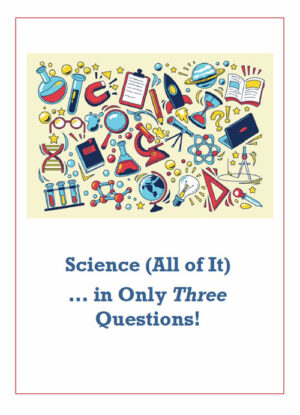
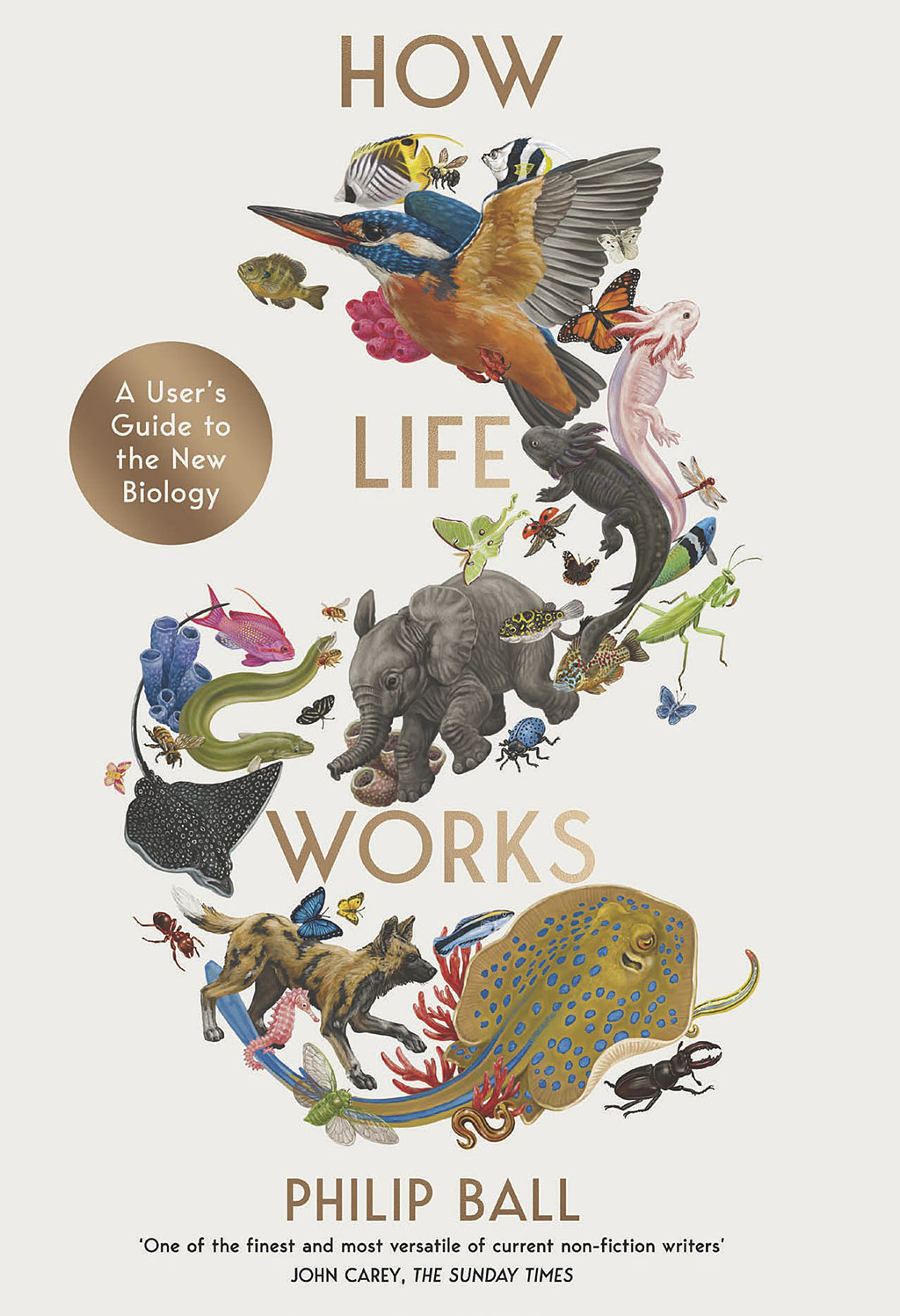 How Life Works: A User’s Guide to the New Biology by Philip Ball
How Life Works: A User’s Guide to the New Biology by Philip Ball